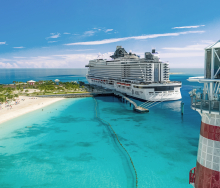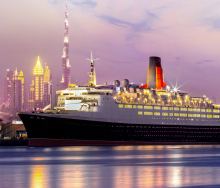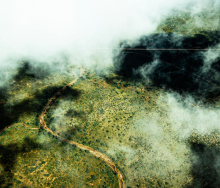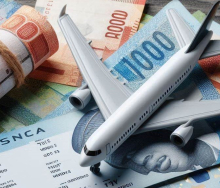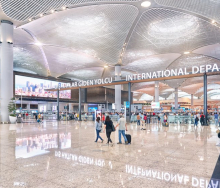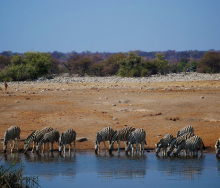The growing global middle class is driving demand for authentic and adventurous experiences, prompting the industry to offer more extreme sport options and activities, according to the World Travel Market (WTM) London’s Global Travel Report.
The WTM report, collaboratively researched with experts from Oxford Economics, revealed that the rise of this consumer market was shifting demand away from traditional travel. Instead, these travellers are looking for riskier activities and more authentic experiences to participate in.
“The popularity of travel has fuelled remarkable creativity. Be it volcano-boarding in Nicaragua or cage-diving with sharks in South Africa, a broadening range of activities is available to consumers, driven by growing demand for new and unique experiences,” said the report, unveiled at WTM London on November 5.
In volcano boarding, travellers hike up dormant volcanoes and slide or surf down on boards, ranging in size from a skateboard to a surfboard. Other risky adventure activities that are growing in popularity include edge walking on tall buildings – harnessed, hand-free walking on the outside of tall buildings –bungee swinging from cliffs and into gorges, and cave diving, a notoriously dangerous adventure activity.
The report found that, while softer adventure activities such as hiking, cycling and wildlife watching still represented the biggest share of the adventure tourism market, demand for hard adventure activities was continuously growing. The report names this new adrenaline-seeking travel ‘frontier travel’.
Tourism Economics, a branch of Oxford Economics, found that 29% of travellers had reported increased interest in adventure travel; 34% reported a growing interest in rural and nature-based tourism, and 57% were more interested in visiting new destinations compared with five years ago.
The report found that the majority of travellers seeking these ‘frontier travel’ experiences were Gen Zs and Millennials, who also prioritise unusual and authentic experiences over physical goods. This includes visiting local attractions over international tourist attractions and exploring destinations off the beaten path. The report named this phenomenon the ‘experience economy’.
The ‘experience economy’ has reportedly seen growth over the last decade as developing economies have started to see a greater share of their disposable income spent on these authentic travel experiences.




